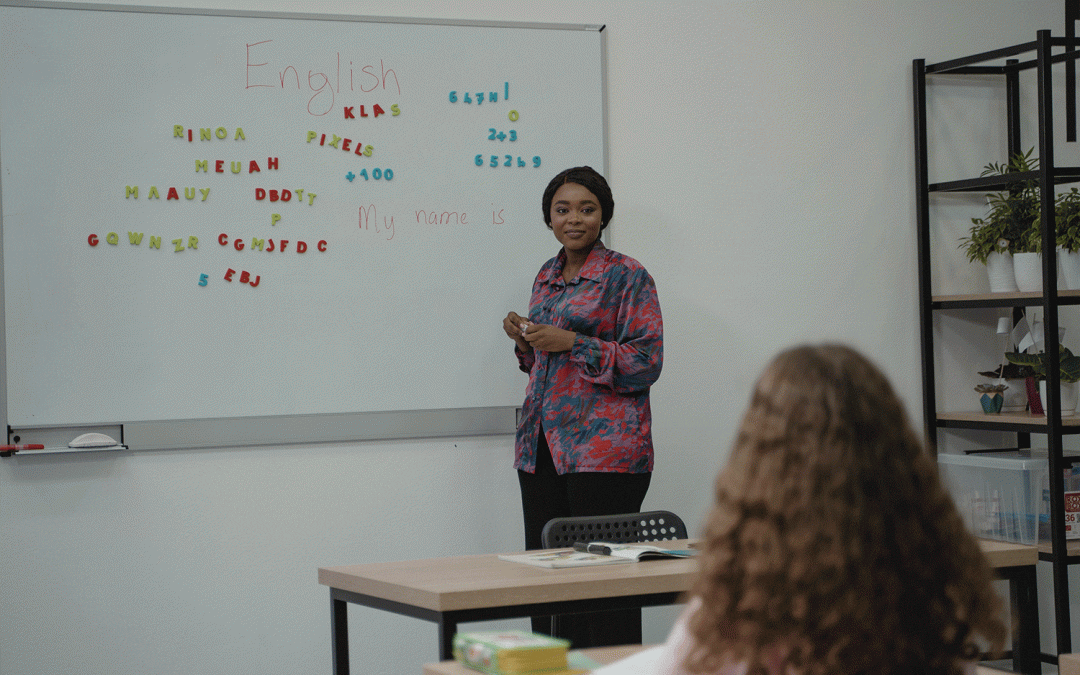Learning Portuguese as an American
Learning Portuguese has been really difficult. When I first started I would try to mix Spanish words in but I have come to find out that I must have sounded like a fool lol. Today I am better off than 6 months ago but still far from fluent. Today I have found that I can still read Portuguese better than I can hear but I am improving daily. Let’s talk about how and why I decided to learn the Portuguese language.
Why I Decided to Learn Portuguese
Traveling to Rio de Janeiro Brazil has been something that I have been doing for about the last 4-5 years now. So it’s safe to say that I know a lot of Brazilians. So I kept getting asked by people that I have known for years why don’t you learn Portuguese? So I decided to go ahead and finally take their advice. I got tired of relying on google translate to help assist me along with talking to them in the broken Spanish I know.
How I am learning Portuguese
I decided to start off using Duolingo since it was free. Duolingo has been so helpful by not only building my vocabulary but also teaching me the spelling and how to listen to the words. I also watch youtube videos so I can hear an actual person pronouncing the words clearly instead of the robot voice on Duolingo. Sometimes when I am reading text and a word appears that I don’t know I use the google translate app on my phone. When I am not doing anything I also listen to Brazilian music on Spotify so I can hear how people are pronouncing the words in music.
How much Portuguese have I learned in 6 Months
In 6 months I have learned enough Portuguese to be able to walk in a store and describe what I want. I can sit down at a restaurant and order food, I can ask and answer basic questions. I can name everyday household items and also can describe things. I have learned basic words such as when, where, how, why, etc, that we use in English for every sentence. I have learned the difference between feminine and masculine words. This is important when you are using words such as “the”. Me learning every day for the last 6 months hasn’t been an all-day thing. Some days I study more than others and some days I only spend 15 minutes. I plan on finishing the course and should be done with it before the year is up making it 1 year of learning Portuguese.
Learning Portuguese for Free on Duolingo
Duolingo is a popular language-learning platform, and one of the languages it offers for free is Portuguese. With its gamified approach to language learning, Duolingo makes studying Portuguese fun and accessible.
Course Structure
The Duolingo Portuguese course is structured into different units, each focusing on a specific topic or grammatical aspect. Each unit contains several lessons that gradually increase in difficulty. The topics range from basic greetings and common phrases to more complex subjects like verb tenses and sentence structures.
Interactive and Engaging Lessons
What sets Duolingo apart is its interactive nature. Each lesson involves a variety of activities such as matching words to their meanings, translating sentences, and listening exercises. This engages different aspects of language learning – reading, writing, listening, and even speaking – which can lead to a more comprehensive understanding of the language.
Flexibility and Convenience
One of the major advantages of learning Portuguese on Duolingo is the flexibility it offers. You can learn at your own pace, whenever and wherever you want. The lessons are bite-sized, making it easy to fit learning into your schedule, whether you have a few minutes to spare or an entire afternoon.
Review and Practice
Duolingo uses a spaced repetition system, meaning the app will remind you to review words and concepts at specific intervals to help cement them in your memory. There’s also a practice feature where you can strengthen your skills outside of the regular lessons.
Community and Resources
In addition to the lessons, Duolingo has a community forum where learners can ask questions, share resources, and connect with other Portuguese learners. This can be a great source of motivation and additional learning material.
While Duolingo primarily teaches Brazilian Portuguese, it’s a great starting point for anyone interested in learning Portuguese. It can help you build a solid foundation in the language, after which you might choose to further specialize in European Portuguese or continue with Brazilian Portuguese.
Remember, consistency is key when learning a new language. Regular, dedicated practice with Duolingo can go a long way in helping you become proficient in Portuguese.
Reasons to Learn Portuguese
Portuguese is a vibrant and melodious language that holds an array of benefits for those who choose to learn it. Here are some compelling reasons why you might want to learn Portuguese.
1. Wide Reach
Portuguese is the sixth most spoken language in the world, with over 220 million native speakers. It’s the official language of nine countries, including Portugal, Brazil, and several African countries like Mozambique and Angola. Learning Portuguese can open doors to interacting with diverse cultures across multiple continents.
2. Business Opportunities
Brazil is one of the largest economies in the world and a significant player in sectors such as agriculture, mining, manufacturing, and technology. Knowing Portuguese can provide a competitive edge if you’re involved in international business or seeking career opportunities in these industries.
3. Travel Experiences
Speaking the local language can significantly enhance your travel experiences. Whether you’re exploring the historic streets of Lisbon, the beautiful beaches of Rio de Janeiro, or the rich wildlife of the Amazon rainforest, knowing Portuguese will help you communicate with locals and fully immerse yourself in the culture.
4. Cultural Richness
Portuguese culture is rich in literature, music, cinema, and cuisine. Learning Portuguese can deepen your appreciation for famous works of literature by authors like José Saramago or Fernando Pessoa, allow you to enjoy soul-stirring Fado music, or understand the lyrics of lively Brazilian Samba and Bossa Nova songs.
5. Cognitive Benefits
Like learning any new language, studying Portuguese can help improve your cognitive abilities. It can enhance your problem-solving skills, improve memory, increase attention span, and even delay cognitive aging.
6. Learning Other Languages
Portuguese is a Romance language, closely related to Spanish, Italian, French, and Romanian. If you know or are interested in learning any of these languages, knowing Portuguese can make it easier due to similar vocabulary and grammar structures.
7. Unique Language Features
Portuguese is known for its unique sounds, including nasal vowels that aren’t found in many other languages. This can be an exciting challenge for language learners and a way to diversify your linguistic skills.
In conclusion, learning Portuguese can be a rewarding endeavor, providing both practical benefits and the joy of learning a new language. Whether for travel, business, cultural appreciation, or personal growth, Portuguese is a valuable language to learn.

